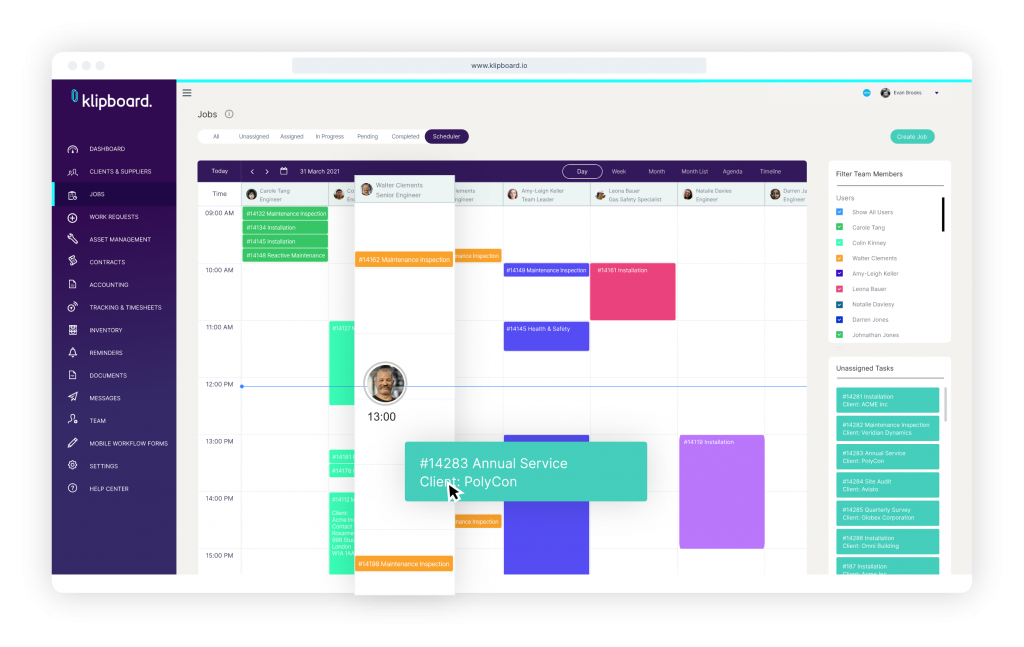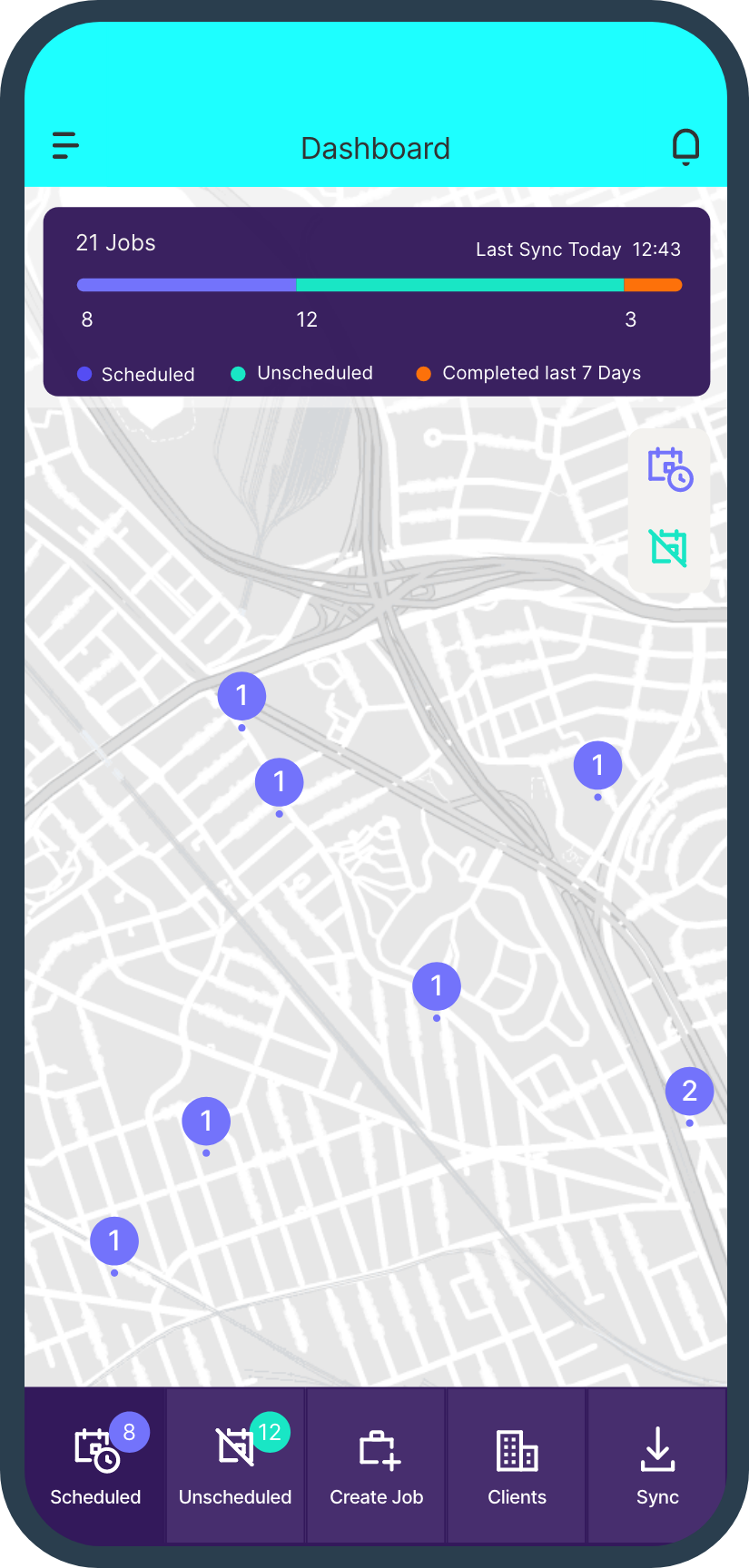This week marked a personal milestone, the one year anniversary of joining a tech start-up called Klipboard. I’d like to share some thoughts on what it’s really like working in a tech Start up and start by correcting myself… I didn’t actually join a start-up I joined a ‘Scale-up’.
A ‘Scale-up’ more accurately describes the business but we do like to romanticise the origin of things so I guess ‘Start-up’ has better SEO value and its more trendy.
To be even more accurate I would say a year ago I joined a business at a tipping point. When investment and time met opportunity. They had a great product, some very happy customers, I know this to be true because I got to meet many of them (over Zoom of course) and Covid19 had only hastened the need for businesses to look at more effective ways of working remotely.
Here’s a few things I learned about myself over the last year, what it’s really like working for a tech start up during a global pandemic and why you should never underestimate your ability to rise to a challenge.
Choose a CEO rather than a job
I felt very fortunate to have been offered a few job offers at the time of joining Klipboard. All of them had their merits, job perks and all would have made good career moves in another life. I picked Draven McConville (Klipboard CEO) not the job. Most CEOs are well versed in selling a business and an idea but it was his humble and honest approach that impressed me more than anything else.
Draven didn’t sell me a job but painted a picture of an adventure.
He enthusiastically explained to me what the potential of Klipboard would mean to the field service industry. An industry underserved for good software, greatly in need for efficiencies introduced throughout their businesses and the personal challenges the business owners and their teams are facing.
The job is just something you end up doing on the adventure, make sure the tourney you are going on is the thing you are interested in.

Moving from a known brand to working in a tech Start up has it’s benefits
At the height of pandemic I went from working for a household name to an unknown tech start up. Any marketing or sales person reading this will instantly relate to the feeling of one of the strings being snapped from my bow. A recognised brand name can act as a crutch, it covers many sins and I believe I have benefited greatly by having to explain what we do.
Rather than just saying the brand name at virtual dinner parties, I now had to come up with a short punchy line as to the purpose of our business and the problem it solves for our customers.
‘Our app empowers field service businesses run their whole operation better’.
That’s what I landed on but maybe I could still do better with that. I had to really think about what this business offers. Not just from a technical or feature point of view but what does it mean to the person behind the app or laptop?
How does it change their life?
That sounds a little grand for a Field Service app, but if you’re not changing something in their day then what are you doing. Do they come home to their family a little earlier because the admin was done twice as fast when it’s completed on our app?
Are they able to recruit a new intern or give an apprentice a chance to start a career, because they are able to complete more jobs and revenue has picked up?
When you work for a big brand you just promote it, you make sure when people have a choice they pick your product. When you work for a start-up you get to tell a story and storytelling is always more rewarding.
Move fast and break things
The phrase ‘hit the ground running’ will forever hold a different meaning to me. You see that one in a lot of job descriptions but I now truly understand what it means to get stuck in straight away.
Start ups require bravery. A lot of it.

Not only was I stepping upward into a bigger role than I had previously done, I was also moving into a new industry (Field Service) and had to learn the nuances of that market. On top of the that I happened to be a key stakeholder in a complete re-brand and did this all within the first few months. At a tech start-up you don’t have time to procrastinate. You can’t over plan, converse endlessly with your team or convince people. You just need to get on with it and make sure whatever you do, you’re doing it for the right reasons.
Be bold enough to try and brave enough to break things. Growing businesses need to move faster and I didn’t realise how fast until now.
Start-ups require maturity
This might be an unpopular opinion but I’m going to say it – start ups require maturity.
A trait that’s helped me more than any other over the last year is maturity. A skill I had no idea I even had is to be able to calmly take a step back from any situation and come up with a solution. The little things mean a lot at a start-up and time is often not a resource you have a plenty supply of. Every start-up needs a few people who can recognise when action needs to be taken and encourage the answer from the team – I just had no idea that was me!
I’ve realised that growing businesses are an emotional investment. Even if your business isn’t a tech start-up but perhaps a lift maintenance company, or you install security equipment, the owners and those invested in the business carry a lot of emotion into decisions.
Having the maturity to view a situation with perspective and challenge ideas even when those ideas have come from the very people who made the business possible is something you learn over time, but it’s a valuable trait in any team.
Great tech is a blessing
If you have joined a start-up and one of the things you know without a doubt is the tech, product or software you are marketing is the best or one of the best in your sector than for the love of all things shiny and new embrace it!
Great products give you something to talk about, something your sales team can get behind, something that lifts the brain fog and removes a lack of inspiration. Great tech gifts you 1,000 reasons to get excited.
Kevin Lewis (Klipboard CTO) and his team have created the most full featured Field Service platform on the market and as someone who has to wake up each morning and find inspiration to promote it I’m grateful.
If you’re joining at tech start-up ask more questions about what’s under the hood of the business.
When a business claims they’ve been established for years that might seem impressive but what are they doing right now to help their customers? How are they innovating to adjust their service to match the challenges faced in their customers’ world?
I joined Klipboard at the height of a global pandemic. During that time most businesses were fumbling around trying to adapt to the new world. I felt very fortunate to be at a place who’s cloud based tech was perfectly designed to help remote in-the-field workers connect to their team and perform their job.
“The one real difference I would say is when you do something that moves the needle you don’t just move the needle you kick it out of the window. It feels like it means more – that’s because it does.”
Realising your potential can be frustrating
I don’t regret a minute of my previous employment and it moulded me to what I am today, but oh boy is it frustrating when you start to realise you should have taken on a bigger role earlier in your career. If you find yourself questioning whether you could take on a bigger challenge you’re already holding yourself back.
You still have to take 99% ownership of your career. You can prove you can do it you just need to be brave enough to try.
Part of doubting my potential comes from Imposter Syndrome. The feeling you don’t deserve the good things that happen and success is an accident is very common – at least I’m told it is!
In my case it’s the feeling I don’t deserve it which coincidently pushes me forward – none of us are perfect but we can harness these imperfections and use them to our advantage.
Start-ups are the same as everywhere else
Before I joined one start-ups held a certain prestige or mystery about them. They were something you wouldn’t understand unless you joined one. Like an exclusive club you can’t join you have to be invited into and I’d say that’s wrong.
Whether you’re working for a global brand or not, effort, attitude, ideas and application are appreciated everywhere.
The one real difference I would say is when you do something that moves the needle you don’t just move the needle you kick it out of the window.
It feels like it means more – that’s because it does.

Martin is the Head of Marketing for Klipboard.
He joined Klipboard in 2020 having moved from UK property portal Rightmove and has provided marketing services, blogged, hosted webinars and offered branding advice to the Property, Building Services and Construction sectors for over 12 years.


